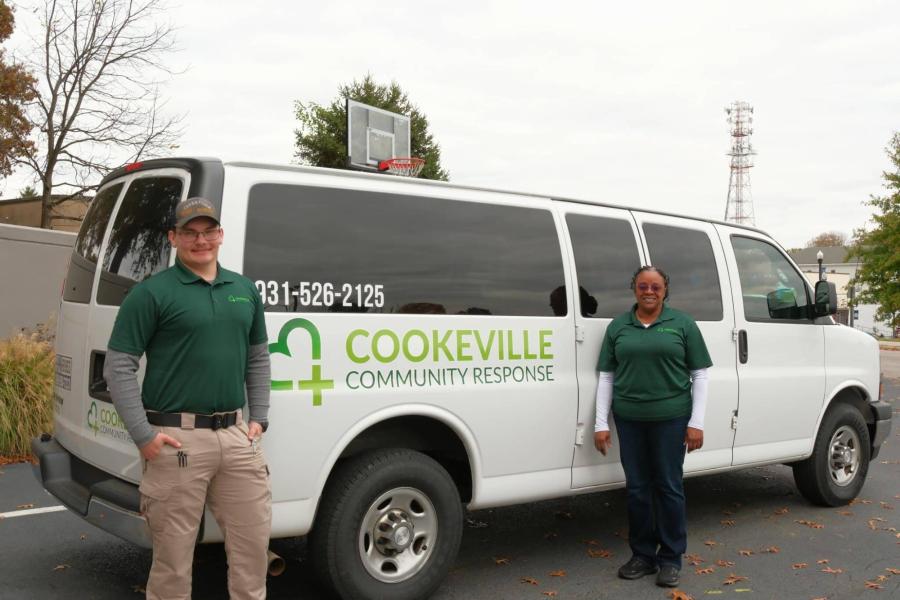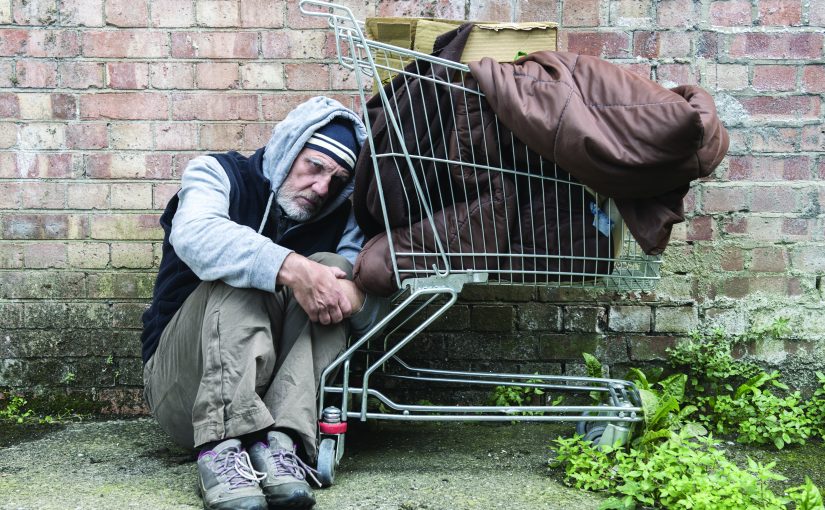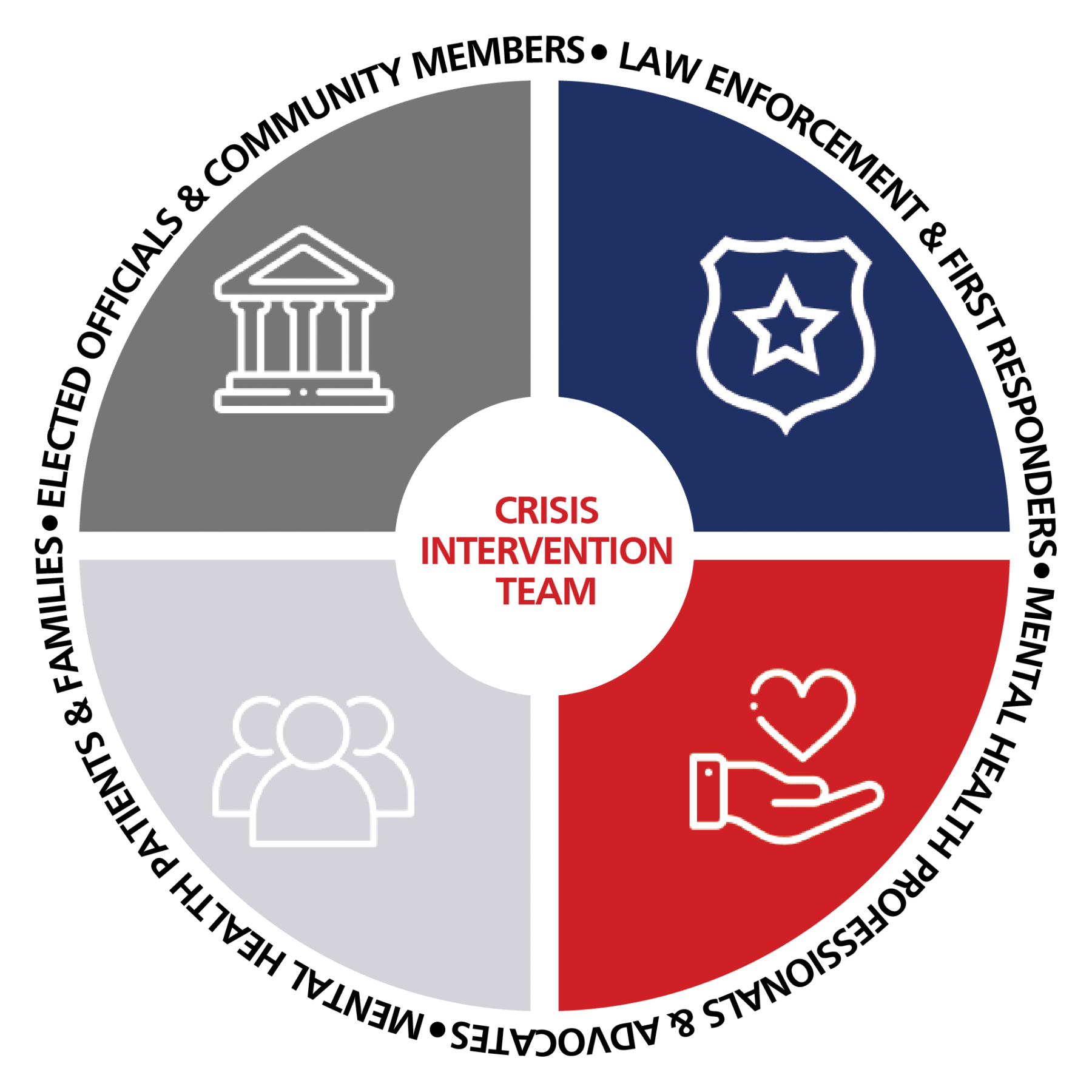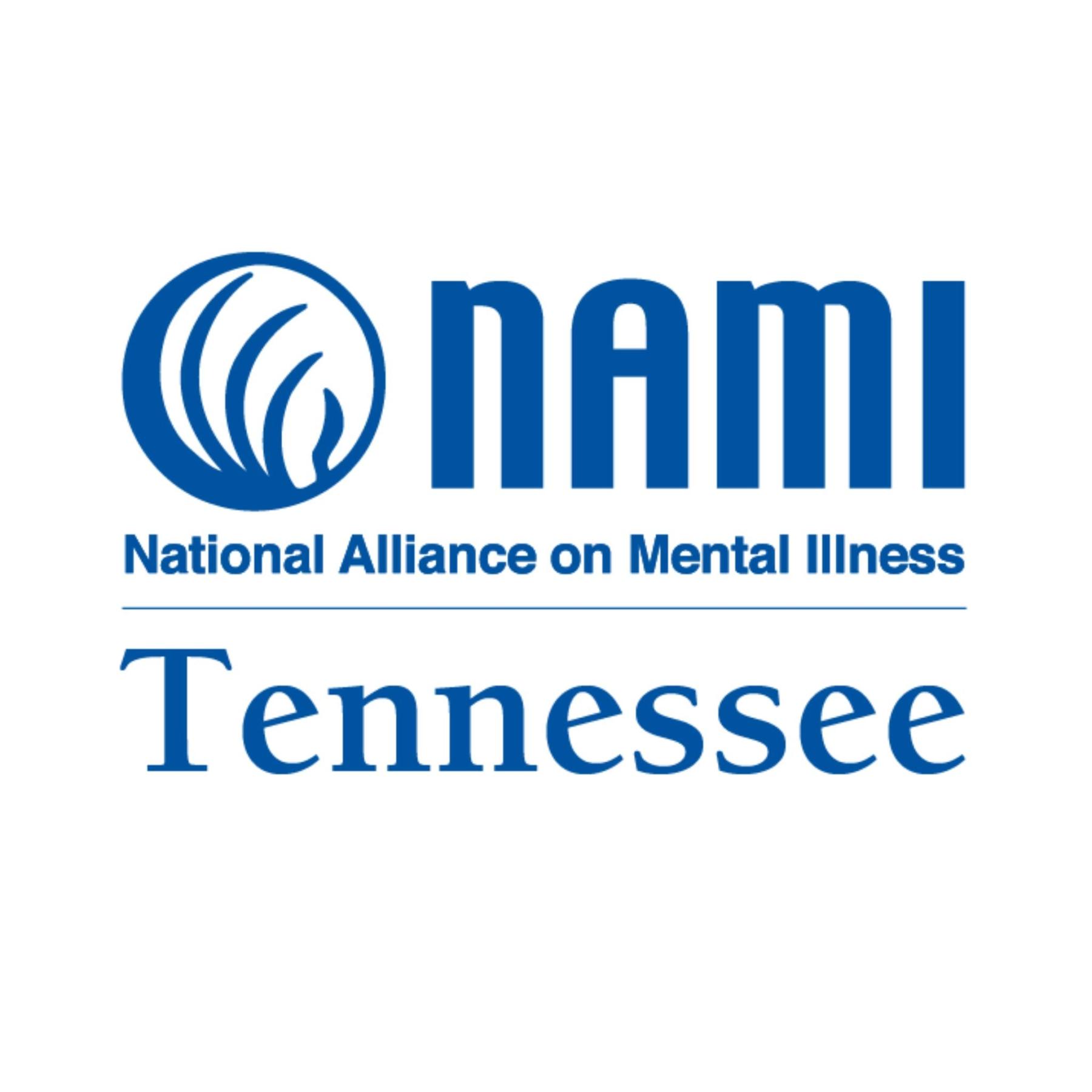Cookeville, NAMI Tennessee show how community collaboration can address citizens in crisis

By KATE COIL
TT&C Assistant Editor
As municipalities look to explore and expand crisis intervention care in their communities, a statewide mental health advocacy organization is hoping to help them connect what resources they have and fill the gaps in between.
NAMI Tennessee, the state chapter of the National Alliance on Mental Illness, is a grassroots, non-profit organization founded by family members of those diagnosed with mental illnesses dedicated to improving quality of life for people with mental illness and their families through support, education, and advocacy. One of the goals of the organization is to help facilitate local solutions to mental health issues in ways that fit individual needs and aims of the community.

Katrina Gay, executive director of NAMI Tennessee, said the organization wants to help smaller cities.
“NAMI is good at a lot of things, but one of the things we are really the best at is convening,” she said. “We don’t have any financial skin in the game. In these communities, we are about the individuals and families who are impacted. As a statewide organization, we are advocates for good solutions to problems, particularly those that impact those with mental health conditions. A lot of smaller communities don’t have the social service safety net that could be there for this.”
Gay said that mental health issues are often the source of other community issues, such as homelessness, substance abuse. NAMI Tennessee recently partnered with the Cookeville Police Department, Cookeville Fire Department, and Volunteer Behavioral Health Services to launch the Cookeville Community Response (CCR) program, as part of the federal Connect and Protect Initiative.
The program aims to address mental health crises with informed care and specialized support for individuals and families, providing a compassionate alternative to traditional law enforcement response. This may include crisis counseling, suicide prevention, substance use disorder, grief and loss counseling, housing crisis assistance, and resource connection and referrals.
“These funds are from the Department of Justice for the Connect and Protect Initiative, and there is more funding available to replicate what we’ve done Cookeville,” Gay said. “We are looking for another community or two to replicate what we’ve done here.”

The program offers safe, effective interactions with Cookeville residents experiencing mental health crises through a collaborative response. In the case of a crisis, callers are advised to contact the Cookeville Police Department’s non-emergency number where dispatchers will take information and send out the CCR team, or law enforcement as necessary.
The team includes a Volunteer Behavioral Health mental health clinician and a certified EMT from the Cookeville Fire Department, offering on-site crisis intervention and connection to behavioral health, healthcare and social service resources.
The CCR model is expected to reduce the strain on law enforcement by ensuring mental health professionals and first responders take the lead in situations where their expertise is best suited to de-escalate and assist. As part of the program, individuals in crisis will be linked to behavioral health and social services for ongoing support, enabling long-term assistance and recovery within the community.
“Cookeville is pleased to see this program come to fruition,” said Cookeville City Manager James Mills. “For several years, we have explored methods to better serve a portion of our population that frequently needs assistance which is best provided by mental health professionals. We are especially thankful to the personnel in our police and fire departments who have worked diligently to make this program a reality.”
Even in the first month of operation, the program was already seeing results. Cookeville Police Chief Randy Evans highlighted the value of the CCR program for community safety.
“This initiative brings a much-needed layer of compassion and expertise to our response model,” he said. “By working closely with NAMI Tennessee, the Cookeville Fire Department, and Volunteer Behavioral Health, we’re making sure those in crisis get specialized care when they need it most. This partnership will allow our officers to focus on public safety while connecting people with the right resources for recovery.”
Tennessee Technical University is also partnering with the program to do research to show how the intervention team saves money, lives, and time for the community. In the first two months of the pilot, police intervention was only needed in one call the CCR team was dispatched to.
One goal of the program is to ensure that time and resources are spent wisely.
“Police did not get into the business of policing to get sent to these calls they aren’t equipped to help with,” she said. “It is taking their time away from somewhere they can. Police in Cookeville are really eager to get trained on crisis intervention, and that has been hugely helpful when they get a domestic violence call. This program fills a gap. Now, when one of these mental health crisis calls come in, they know that this is not a call that requires police. This is a call of someone who slept in the entryway of a store and is not moving.”

Gay said NAMI Tennessee’s goal is now to help other communities find other solutions, often by connecting resources already present in the area to best work together. Many times, she said resources are present but community members and leaders are unaware of what those resources are or how they can be accessed.
“There are solutions across the country where they have found creative ways of addressing mental health issues, and there are many ways you can respond,” she said. “The community can choose the model they want, and it’s really important they have buy-in. We get people in the room to see what we are doing, who knows who, and building that safety net by making sure we are not just coordinating it. We identify where needs are and look for potential solutions from existing community providers, especially within the faith community. If they don’t know who offers what or no one is coordinating, they may not know what needs to fill.”
At one meeting for stakeholders of Cookeville’s CCR program, Gay said an official with the local library expressed concern that individuals were using sinks in the library restrooms to do laundry. Another stakeholder mentioned that a local church did a once-a-week laundry ministry for those in need.
Library officials were then able to refer individuals and put up information about the service, resolving the issue. Gay said she has found many communities have solved crisis-response related issues like this in their community merely by educating each other about what services and organizations are already available to help.
Gay encouraged city leaders to reach out to NAMI Tennessee to help get the right people from their community around the table to start the necessary conversations of identifying issues, collecting data on these issues, and connecting stakeholders.
“Not one person can do this; it’s a collaborative approach,” Gay said. “Having an advocate group as a leader gives you a neutral party in the community to support the establishment of the effort. The creation of it and getting everyone in the same page is what takes the time and effort. After that, it often becomes self-sustaining.”
Learn more at https://namitn.org/.
